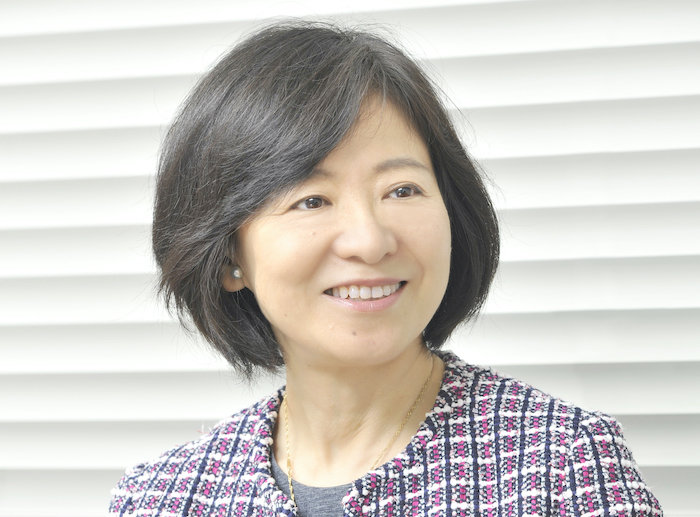OPINION PAPER
Public Acceptance of an Increase
in the Burden of Medical Expenses for the Elderly
- Considering the Issues based on the Results of a Deliberative Survey (2)-
In a 2021 revision of Japanese law, it was decided to increase the rate of out-of-pocket medical expenses for the elderly (defined as aged 75 years and above). But what is the actual public perception of this amendment?
The Nippon Institute for Research Advancement (NIRA) investigated the trajectory of public opinion on economic and social themes through surveys involving “consideration” and “deliberation.” Among these themes, survey subjects displayed considerable interest in the issue of social security, and the majority agreed with the idea of increasing the out-of-pocket burden borne by the elderly aged 75 and above. It appears that many members of the public are prone to see issues related to social security as affecting them directly, and these are issues that they are anxious about, both at present and into the future. However, it should be noted that the points with which respondents agreed or disagreed differed depending on the respondents’ individual circumstances. In order to formulate medical policy that will be acceptable to the public, it will be extremely important to take minority opinions into consideration while determining methods of proceeding that can be considered valid by members of all generations.
The clues that we can garner here are the commonalities that are able to be discerned in people's perceptions. These are concerns regarding the sustainability of the medical system, awareness of efficiency in terms of the reduction of waste as it relates to the cost of medical care, and, most notably, dissatisfaction with division of the burden of health care costs by age. The idea of an “affordable burden,” which should be considered based on the ability to bear the burden rather than age, is gaining considerable support. In the future, we will have to think about “distribution of burden,” and an agenda should be created towards the formation of a consensus among the public.



